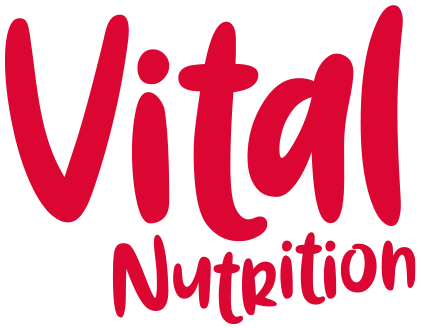What to do if you are allergic to summer
Bless you... For most of us, the long, hot summer days we have been enjoying over the last week or so have meant making the most of the great outdoors. Sea swimming, cycling or just lying around in your back garden is a rare treat on a sunny day.
That is, of course, unless you have seasonal allergies.
If this time of the year triggers sneezing, runny eyes, fatigue and itching, then you are as likely to listen to the weather forecast for the pollen count, as much as for the weather.
Seasonal allergies affect between 10 per cent and 30 per cent of adults and around 40 per cent of children. Symptoms typically present between March and September, depending on the type of pollen your immune system reacts to.
Pollen is a really fine powder produced by plants as part of their reproductive cycle.
If you suffer from hay fever, inhaling pollen will trigger an immune response, setting up a whole cascade of immune reactions, including increased inflammation and histamine release as part of the body's defence against foreign invaders.
Getting in early and working to prevent symptoms is the best way to manage symptoms, ideally 2-3 months before pollen season starts, but if you are caught in the throes of hay fever season there are still some things you can do that might just help take the edge off your symptoms.
1. Take a trip to your local health food shop and treat yourself to a supplement containing a combination of quercetin and vitamin C. Even better if there is some bromelain and zinc in the mix too. Quercetin, vitamin C and bromelain all have anti-histamine effects. For best results, aim for about 1,000 milligrams quercetin a day, but take care if you are on certain medications, including antibiotics as they are not recommended to be taken with quercetin. Check with your GP or pharmacist if unsure.
2. Use a balm around your nose to trap pollen and stop it going up your nose. Natural beeswax balms are available and some people find they work well to reduce reactions.
3. Local honey has been reported to reduce hay fever symptoms for some people. It is thought to help because it contains the pollen particles for your area, so primes the immune system to be less reactive to pollen. In studies, 1-2 tablespoonfuls have been effective for some people to help reduce itchy eyes, runny nose and general symptoms of hay fever. Just remember that this is still sugar, so not suitable for some people.
4. Nettle tea is worth a go. Nettle has the ability to block histamine activity, and other pro-inflammatory molecules involved in hay fever. Some tea companies do great herbal teas with nettles combination with other herbs like fennel and peppermint. Try Pukka Cleanse tea.
5. Add some anti-inflammatory foods to your shopping list. Oily fish like salmon and sardines, flaxseeds, avocados, and walnuts are great, Also pack plenty of colourful fruit and veg into your diet, some fresh pineapple for the bromelain content (found mainly in the core) and plenty of herbs and spices - in particular ginger, turmeric, thyme and rosemary.
6. Look after your gut - the friendly bugs in your belly are strongly linked to balancing allergic symptoms, so give them some love with probiotic foods like kefir, kombucha and sauerkraut and consider taking a probiotic supplement containing Lactobacillus rhamnosus, which has been proven effective in preventing allergic symptoms.
Alongside nutrient support, there are also lifestyle changes which can help to improve hay fever symptoms:
An air purifier can help to filter out some airborne allergens.
Close your windows when the pollen count is high.
Avoid histamine rich food, such as alcohol, cured meats, and aged cheeses.
Avoid drying washing outside on high pollen days.
Monitor the pollen count by checking your local weather conditions. On wetter days, the pollen count tends to be lower.
This blog post first appeared as my column in The Irish News on Saturday 24 July 2021.

